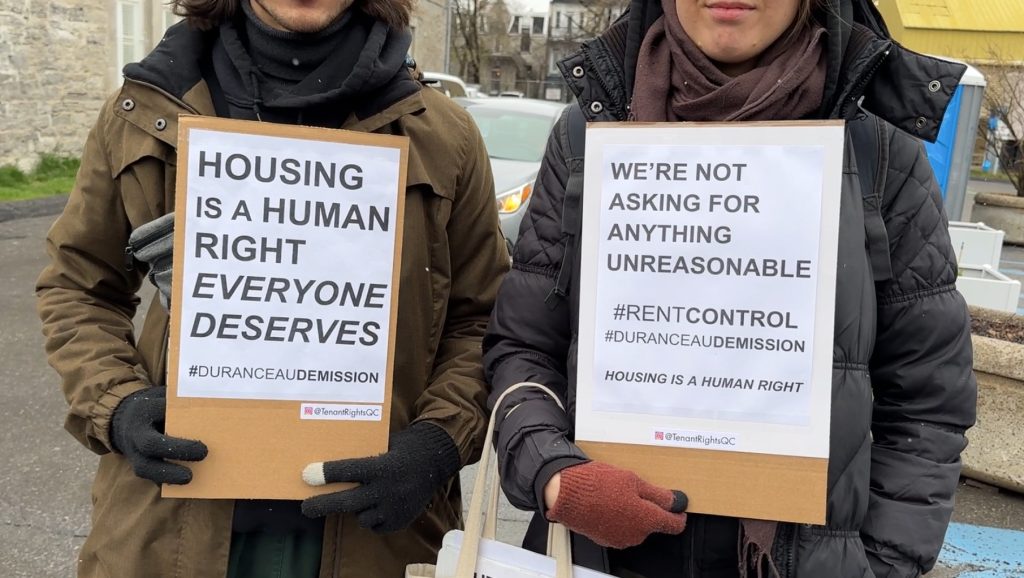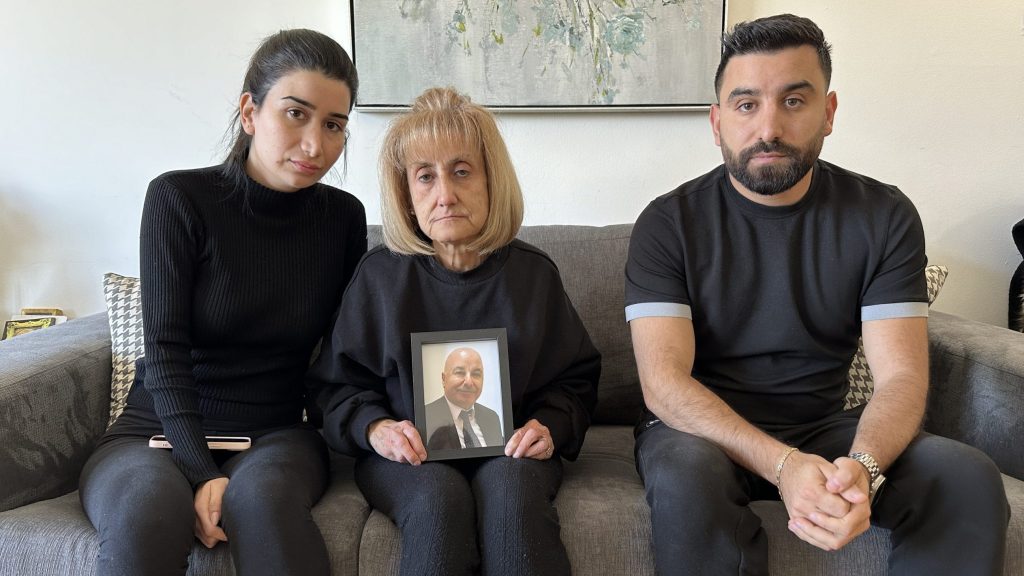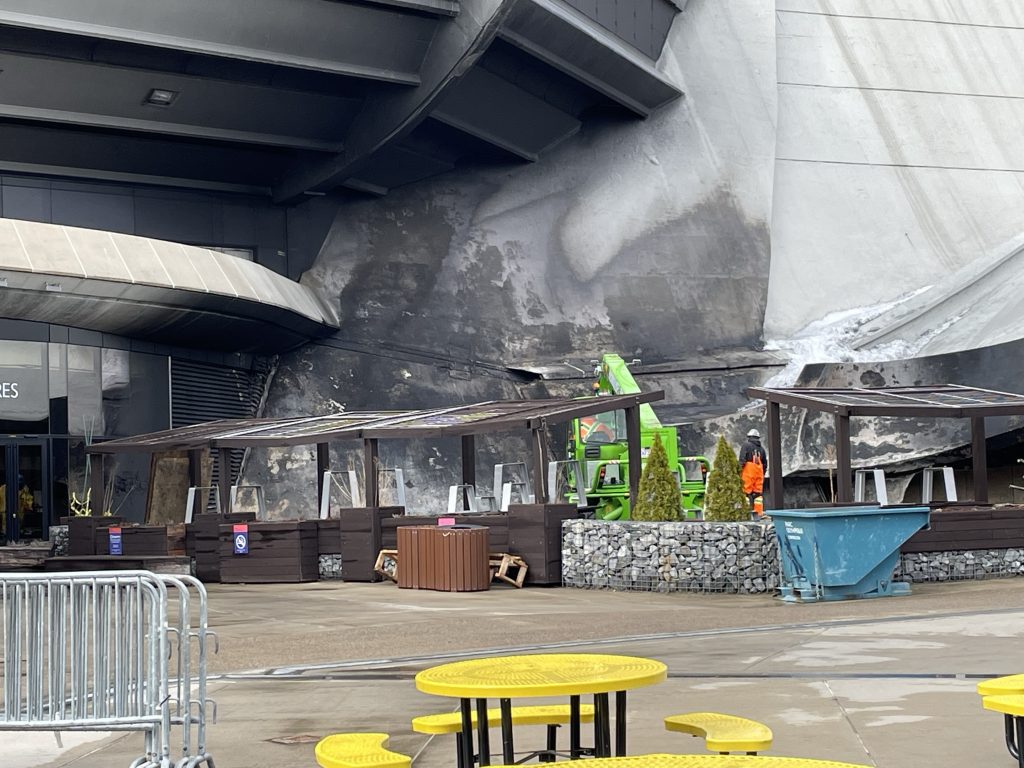Hardest hit COVID-19 province leads reopen charge

Posted May 14, 2020 9:53 pm.
MONTREAL (CITYNEWS) – Quebec is the seventh deadliest place in the world for daily COVID-19 deaths and the Greater Montreal Area is the epicentre of the pandemic in Canada. With only a quarter of the country’s population, how is it that Quebec accounts for some 60 per cent of Coronavirus fatalities in Canada? The large majority of those, are in Montreal.
“In the greater Montreal area for the past weeks we’ve seen a pretty steady number of new hospitalizations coming in so we don’t see the same decline that we see elsewhere in the province,” explained Dr. Gaston De Serres, an epidemiologist at Institut National de Santé Publique du Québec.
Of the 3,351 Quebecers who died of COVID-19, two-thirds lived in a senior’s long-term care facility. Aaron Derfel, a health reporter with The Montreal Gazette for 22 years has been analyzing the situation.
“The pandemic moved from the west end of the city to the north and east end of the city. That’s a sign that it’s spreading. The situation is still volatile. We can’t lower our guard.”
“Authorities made this big mistake in thinking that the pandemic would strike hospitals first. They neglected to pay the appropriate attention to CHSLDS, which is where the virus spread acutely.”
Montreal North, one of the poorest neighbourhood’s in Canada has also been hit hardest. With over 1,800 cases and 142 deaths as of Wednesday. Many orderlies working in long-term care live in this neighbourhood.
“They work in long term care centres where they picked up the virus and they return to Montreal North. Many of them live in crowded apartment buildings. There is such a density the virus spreads,” explained Derfel.
The director of the Maison d’Haïti community group in Montreal North, Marjorie Villefranche says several asylum seekers work those jobs and the neighbourhood is more densely populated making social distancing difficult.
“We used to have a lot of them calling us saying my boss is obliging me to go to work because if I refuse they will fire be but I am afraid because there are people with COVID and I have no protection.”
Another contributing factor to Montreal’s situation could be Quebec’s earlier spring break. The first week in March, before travel regulations and quarantine measures were put in place.
“When we look at the cases that were identified at the beginning a lot of them were travellers,” said Dr. De Serres.
“Even Mayor Plante was upset that the federal government wasn’t properly screening people coming back from international travel. It’s clear that we dropped the ball at the airport,” said Derfel.
Quebec was the first province to reopen schools and stores outside the Greater Montreal area. Montrealers won’t return to classes until September, and the door is still open to businesses returning May 25.
While the government continues to announce plans for reopening the province, Dr. Serres and Derfel agree that the health of Quebecers should come first.
“If we increase the contacts in the population given that we are already at the epidemic threshold this will likely lead to a rapid increase in cases and hospitalizations,” said Dr. Serres, while Derfel explained, “That would be a catastrophic mistake. We have to ramp up testing and observed a decline in cases and then gradually reopen.”



